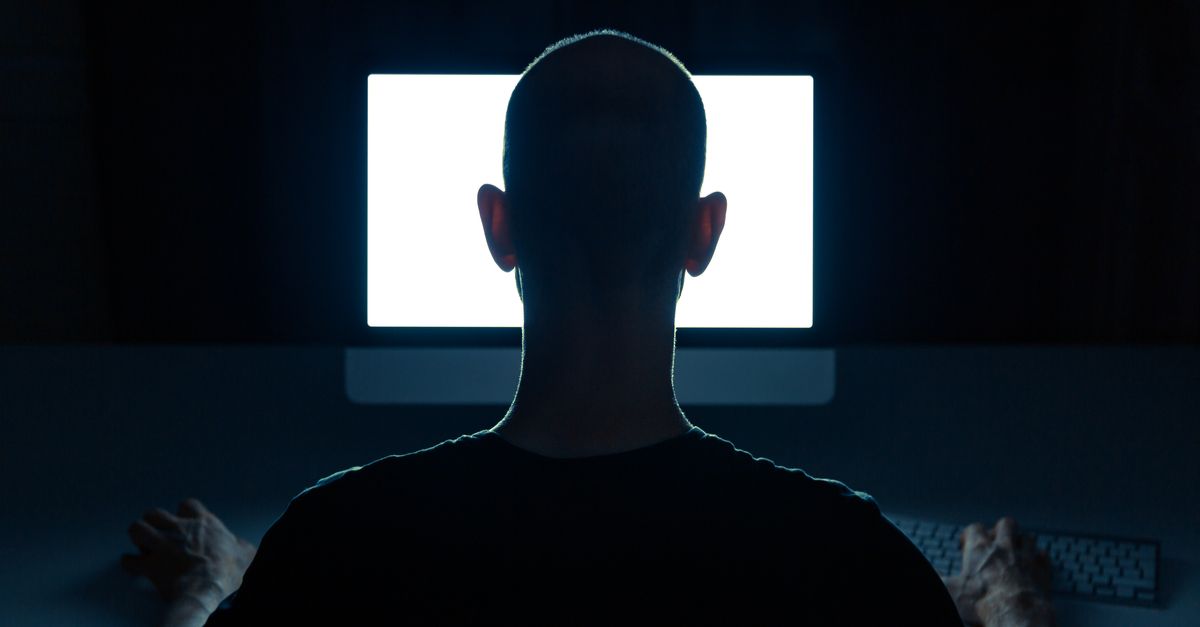Barnardo’s, a major children’s charity in the UK, has found that children as young as eight are being sexually exploited online via social media. In prior years, the youngest respondents to the Barnardo’s survey were 10, suggesting an unfortunate downward trend in progress.
The newest draw for young children, and sadly those who prey on them, is live streaming. Barnardo’s says that video streaming apps like TikTok, as well as streaming within already-popular apps like Instagram, are both extremely popular and very hard to moderate. When you add in the real-time comments posted directly to the person streaming, unfortunately you have an environment that’s ripe for exploitation.
Just last year, Barnardo’s ran a survey via YouGov in the UK and found 57% of 12-year-olds surveyed and 28% of 10-year-olds had live-streamed content on apps that are supposed to be used only by over-13s. In addition, about a quarter of the 10 to 16-year-olds surveyed said they regretted something they had posted online via live streaming.
Barnardo’s Chief Executive Javed Khan:
It’s vital that parents get to know and understand the technology their children are using and make sure they have appropriate security settings in place. They should also talk to their children about sex and relationships and the possible risks and dangers online so children feel able to confide in them if something doesn’t feel right.
Contrary to some popular opinion on the subject, Barnardo’s says that based on the children they have helped, there’s no typical profile of a child who tends to fall victim to sexual exploitation online. The stereotype of the child from a troubled home being a ripe target for exploitation online doesn’t appear to hold true.
Any child can become a victim of sexual exploitation. All children are vulnerable and there is no stereotypical ‘at risk’ profile for victims of any type of sexual abuse or exploitation.
Protecting kids online
As with most security issues, there’s no one-size-fits-all solution to protecting kids online – there need to be layers of protection in place to address the complexities at hand.
Parents, some questions to ask yourself:
- Do you have protective measures in place on the technology your children use? If they have social media, are their profiles locked down from public view?
- Have you talked to your child about not sharing their accounts or passwords? (Passwords should stay secret, and accounts should never be shared with anyone else, not even your closest buddies.)
- Have you talked to your children about appropriate behavior online, what kind of sharing is okay and what kind is not, and why?
- Do you know who your child is interacting with online? Are they only people they know in person?
- Do you and your children know what kinds of questions can be red flags? Not just obvious things like asking for their name and address, but also where they go to school, what kinds of landmarks they might live near, their parents’ names, even problems they’re having – predators use this kind of information to establish trust and try to meet in person.
- Do your children feel safe talking to you about what they’re experiencing online, and do they feel comfortable telling you if something feels wrong?
It is incumbent on parents not only to put protective measures in place and to establish a trust with their children, but also to know how to spot the warning signs of grooming, exploitation, or bullying.
According to “Enough is Enough,” a US-based nonprofit that works to stop online child predation and wants to make the internet safer for children, changes in a child’s behavior around online activity should be a red flag. For example:
- If your kid becomes angry (or angrier than normal) about not being able to go online.
- If your child is suddenly secretive about what they’re doing online, to the point of trying to hide what they’re doing, like suddenly putting the phone away or closing a laptop screen.
- If your child withdraws from being around family or friends in order to be online.
If your solution is to simply “turn the internet off” at home, remember that your kids have ways to access the internet at school or with friends when you’re not around. It would be wonderful if the solution to all this was to keep children in a walled garden until they are 18, but it does them a disservice to not give them the tools they need to make good decisions and protect themselves.

Steve
The article’s title focuses on the age of the victims, so my comment follows that theme.
How about NOT dropping a smartphone or other such gadget into your child’s lap and saying “Here ya go, kid, have fun!” and then leaving them to unsupervised activity? Good grief, an 8-year-old will not perish without a smartphone!
THINK about the risks you are imposing upon your own children just to make your parenting life smooth and easy.